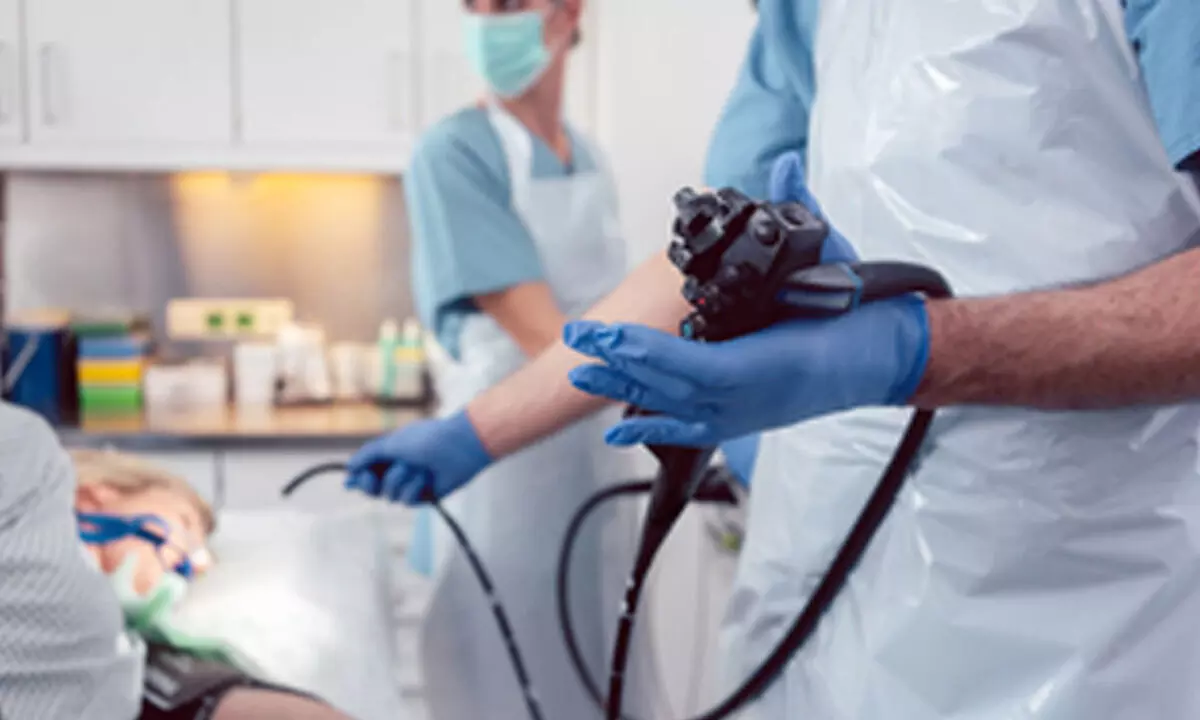Endoscopy exposes healthcare workers to toxic smoke equal to 1 cigarette per procedure

New Delhi: Healthcare workers assisting endoscopic gastrointestinal procedures in operation theatres may be exposed to dangerous toxin levels equivalent to smoking a cigarette during each procedure, increasing "significant health risks", a new study revealed on Thursday.
The study, led by researchers at the Brigham and Women’s Hospital in the US, noted that smoke-producing endoscopic procedures include a procedure that uses electrical current to remove polyps.
“Surgeons in the operating room have regulations and guidelines to mitigate smoke exposure, but that does not exist for gastrointestinal endoscopy,” said lead author Trent Walradt, a research fellow at Brigham.
"If you're doing four or five procedures a day, that’s five cigarettes a day. Over the course of a week, it’s like you're smoking a pack of cigarettes. That's not acceptable," added Chris Thompson, director of endoscopy at Brigham and principal investigator on the study.
The team assessed gastrointestinal endoscopic procedures that produce smoke, such as procedures to stop bleeding, reduce the size of the opening to the small intestine after gastric bypass, or remove cancerous and precancerous polyps near the muscle.
The results showed that during these procedures the peak level of volatile organic compounds reached twice the maximum safe level determined by the Environmental Protection Agency (EPA) -- similar to smoking a cigarette.
Elevated levels of ultrafine particles and fine inhalable particles less than 2.5 micrometres were found during all the procedures, with the highest average levels occurring during argon plasma coagulation -- a procedure that uses argon gas and an electrical current to cauterise (burn) and remove tissue.
The findings will be presented at the Digestive Disease Week (DDW) 2024 in Washington, DC


